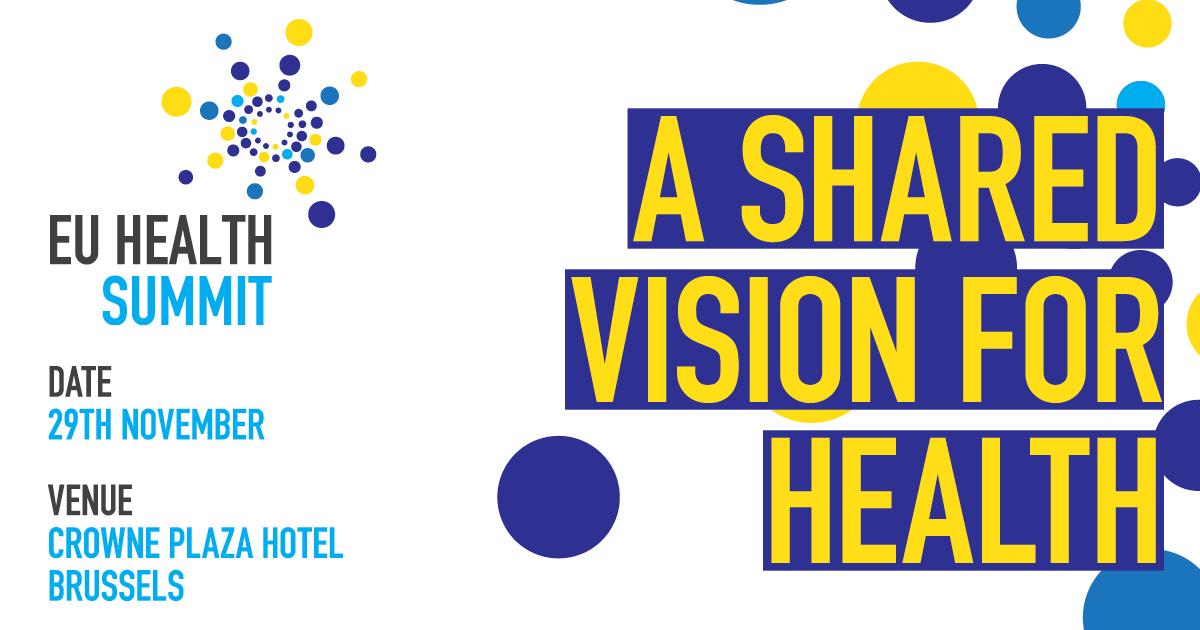
EUREGHA was among the partners of the EU Health Summit, which took place on 29 November in Brussels.
Ahead of the Summit, the partner organisations put together recommendations for a shared vision for the future of health in Europe, calling upon the next European Commission and European Parliament to bring about necessary changes. In their recommendations, they call for the European Commission, in particular, to have the tools and governance in place, including at high level, for ensuring a health perspective in all their policies, believing that the EU has an important role to play in ensuring a healthy future for Europe.
You may find the recommendations here: key recommendations for a healthier Europe and recommendations in full.
As we head towards the European Parliament elections in 2019, healthcare systems and citizens across Europe are facing unprecedented challenges driven by an ageing population, and increased prevalence of chronic diseases.
Research shows that 550,000 people of working age die from Non-Communicable Diseases in the EU every year. Aside from the significant impact on individual patients, their families and carers, this causes a largely avoidable loss to the EU economy of €115 billion per year, corresponding to 0.8% of GDP[1].
At the same time, 70% of EU citizens would like the European Union to intervene more on health[2].
Ensuring that all European citizens can live healthier lives must be a priority for the next legislative mandate. In order to discuss how Europe could lead the way in combatting these challenges and championing positive developments, 28 organisations from within and across the health community have come together to organise a multi-stakeholder EU Health Summit.
As we map the future of healthcare in Europe, the summit examined the role of the European Union in helping European health systems to make the most of these opportunities for the benefit of citizens and patients, while following a sustainable path. Through this summit, the partners aimed to distil recommendations for the next European Commission and European Parliament to bring the necessary changes about.
EUREGHA actively contributed to the drafting of the recommendations and EUREGHA Chair, Nick Batey, participated as a speaker and moderator in two panel sessions. Mr Batey highlighted the important role played by regions and cities, as “they are closest to the needs of the people whose health we are trying to improve”. He added that “regions do not have a huge voice, even though they represent sizeable investments and populations”. In many countries, they are the point where changes are made. It is therefore of paramount importance to facilitate multi-stakeholder partnerships with regions and cities in order to further tackle the health inequalities that persist in Europe.
[1] Health at a Glance: Europe 2016, OECD
[2] Eurobarometer of the European Parliament (87.1)


